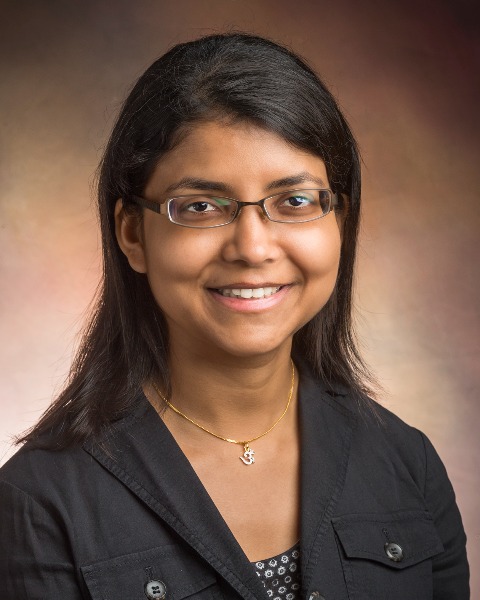Basic Science
Breastfeeding/Human Milk
Infectious Diseases
Neonatology
Pediatric Nutrition
Neonatal Sepsis Club: The microbiome as a protector and a perpetrator in neonatal sepsis: balancing clinical care for best outcomes
-

Sagori Mukhopadhyay, MD, MMSc (she/her/hers)
Associate Professor
Childrens Hospital of Philadelphia
Philadelphia, Pennsylvania, United States -
.jpg)
David Kaufman, MD
Neonatologist
University of Virginia, United States
Chair(s)
The neonatal microbiome can be both a protector from and a source of pathogens resulting in sepsis. A better understanding of the neonatal microbiome can inform interventions to interrupt disease transmission, delineate risk for infection, and improve outcomes in infants with infection. Microbiome-based interventions to reduce sepsis seek to either strengthen its protective role by supporting a diverse ecosystem or reduce its potential as a reservoir for opportunistic pathogens. However, these strategies can counteract each other unless carefully tailored to the context. Currently, the risk-benefit of interventions modifying the microbiome to improve infection risk remains an area of active research. In this session we discuss the evolving understanding of the role of the microbiome that can inform clinical choices and identify direction for future research.
Learning Objectives:
- Identify microbial and host signatures that are linked with a higher risk of infection
- List clinical interventions that aim to modulate the microbiome for clinical benefit
- Discuss the potential risk and benefits of microbiome modulation
Presentations:
-
12:25pm - 12:40pm HSTIntroduction: The Microbiome as a Protector and a Perpetrator in Neonatal Sepsis: Balancing Clinical Care for Best Outcomes
Speaker: Sarah A. Coggins, MD MSCE – University of Pennsylvania/Children's Hospital of Philadelphia
-
12:40pm - 1:25pm HSTUnravelling the Role of the Microbiome in Neonatal Sepsis
Speaker: Drew Joel Schwartz, MD, PhD (he/him/his) – Washington University School of Medicine
-
1:25pm - 1:35pm HSTUpdate on the NANO trial
Speaker: Richard A. Polin, MD – Columbia University Vagelos College of Physicians and Surgeons
-
1:35pm - 1:50pm HSTPanel Discussion
Speaker: Sagori Mukhopadhyay, MD, MMSc (she/her/hers) – Childrens Hospital of Philadelphia
Speaker: Sarah A. Coggins, MD MSCE – University of Pennsylvania/Children's Hospital of Philadelphia
Speaker: Drew Joel Schwartz, MD, PhD (he/him/his) – Washington University School of Medicine
Speaker: Richard A. Polin, MD – Columbia University Vagelos College of Physicians and Surgeons

